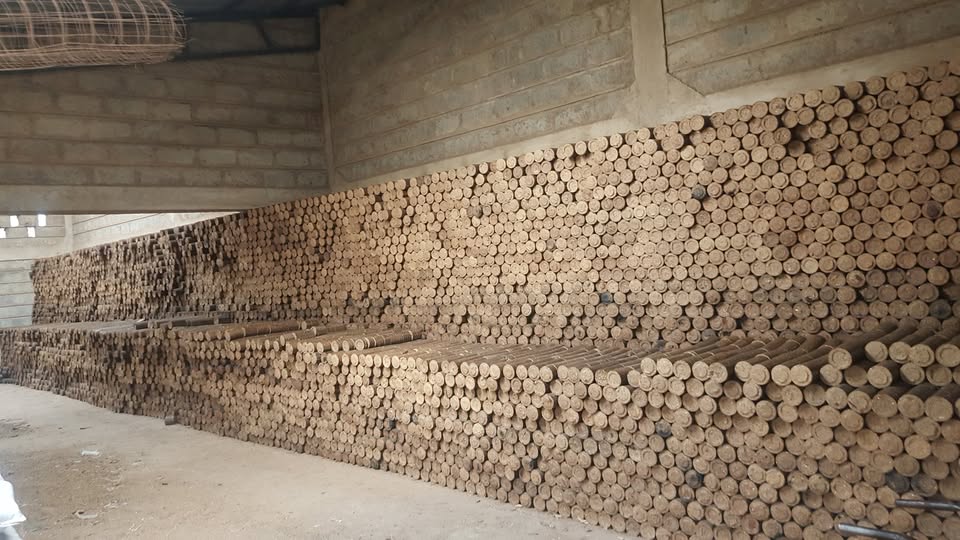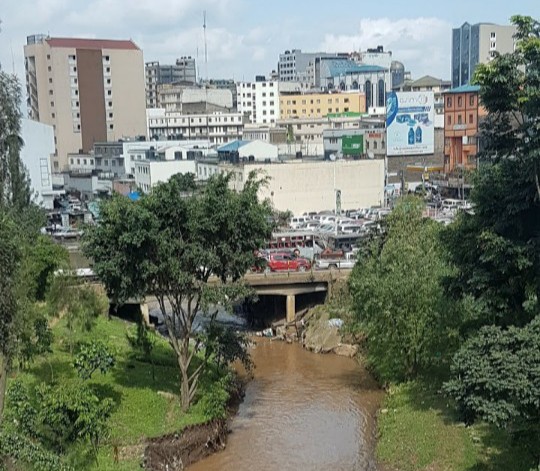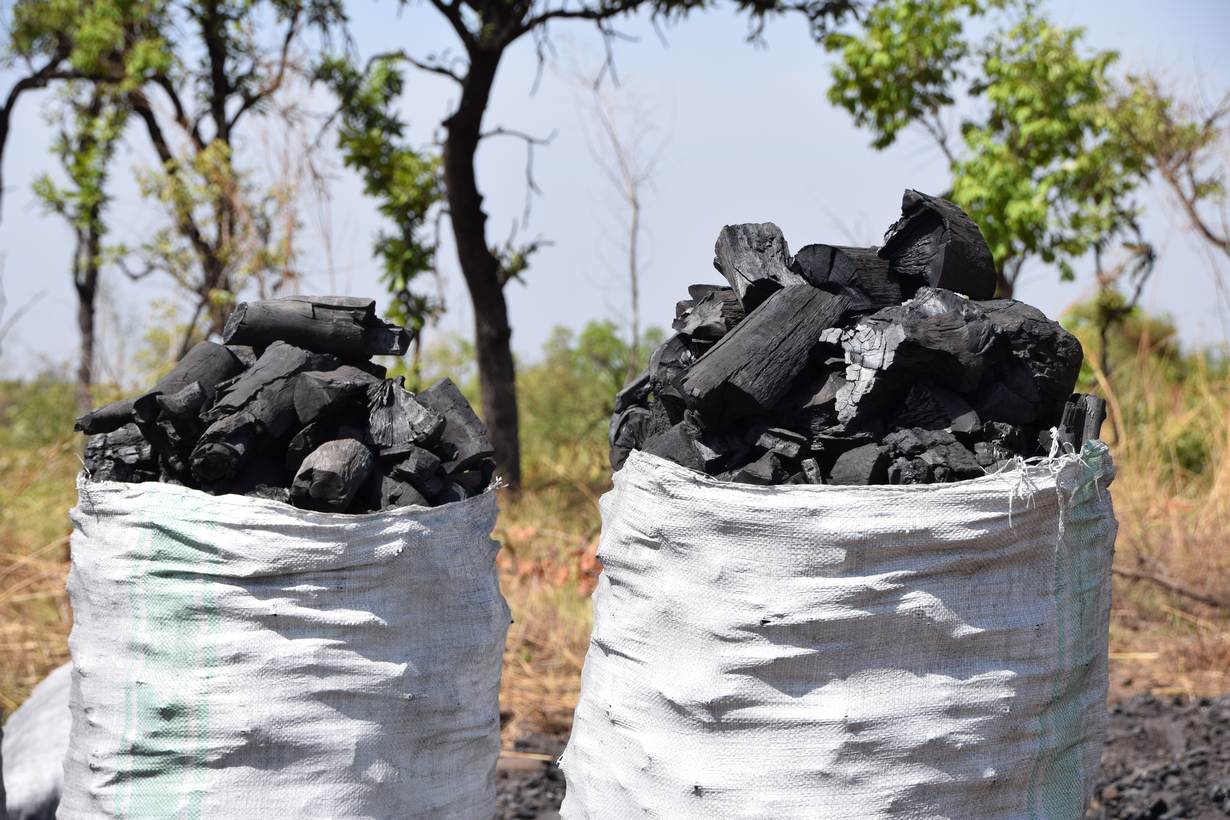project details
Towards a Framework for Community-Based Participatory Research (CBPR)
Research Area
Urban Development
Project Status
Ongoing
Start Date
June, 2023
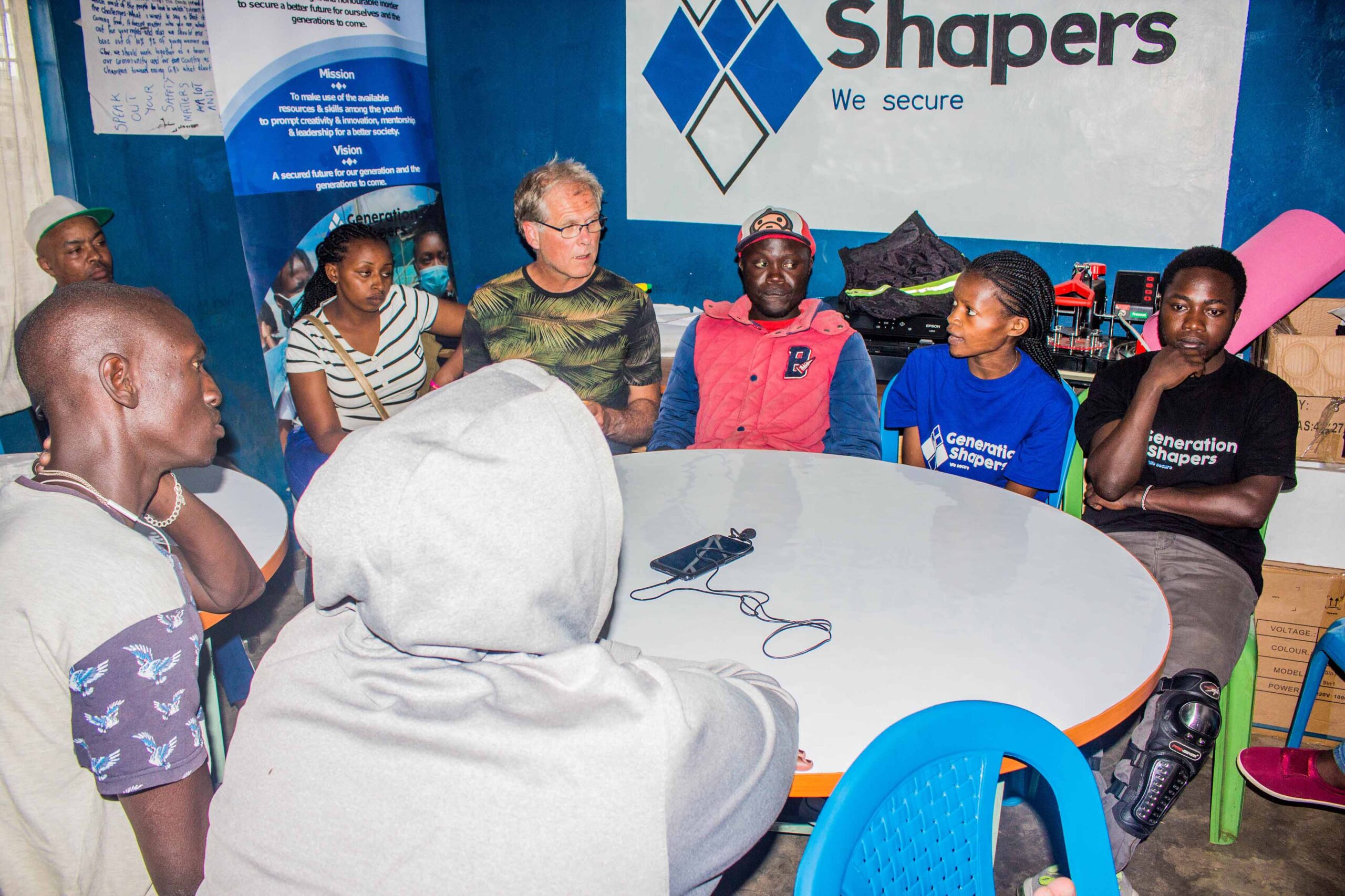
Introduction
Approximately 60% of Nairobi’s city population living in informal settlements face significant sustainability challenges such as poor housing, health, safety, disasters and unemployment. Top-down, government-driven upgrading by public housing programs has been observed to be overly expensive and often fail to reach the poorest, ending up in processes of gentrification. Consequently, participatory slum upgrading has received increasing attention from policy and research. The formalisation of Mukuru informal settlements through its declaration as a Special Planning Area (SPA) has spiked the appetite for research, settlement profiling and community mapping in other informal settlements in Nairobi with the aim of replicating the SPA approach.
While participatory research models have been employed in these undertakings, research agendas and data requirements are continually framed at the institutional level, and minimal linkages are drawn between visibly interdependent studies. Consequently, there is unsystematic research replication, information glut, and general failure in translating research to action, much to the disillusionment of the affected communities, which have expressed displeasure with impact-less research.
This project aimed to co-create an inclusive framework and establish partnerships for engaging communities in community-based participatory research (CBPR) and slum upgrading processes. Piloted in Mathare informal settlement, the project’s main objectives included examining the current participatory research methods used in informal settlements, analysing data related to slum upgrading, co-developing a framework for CBPR, and identifying urgent priorities for slum upgrading (SPA).
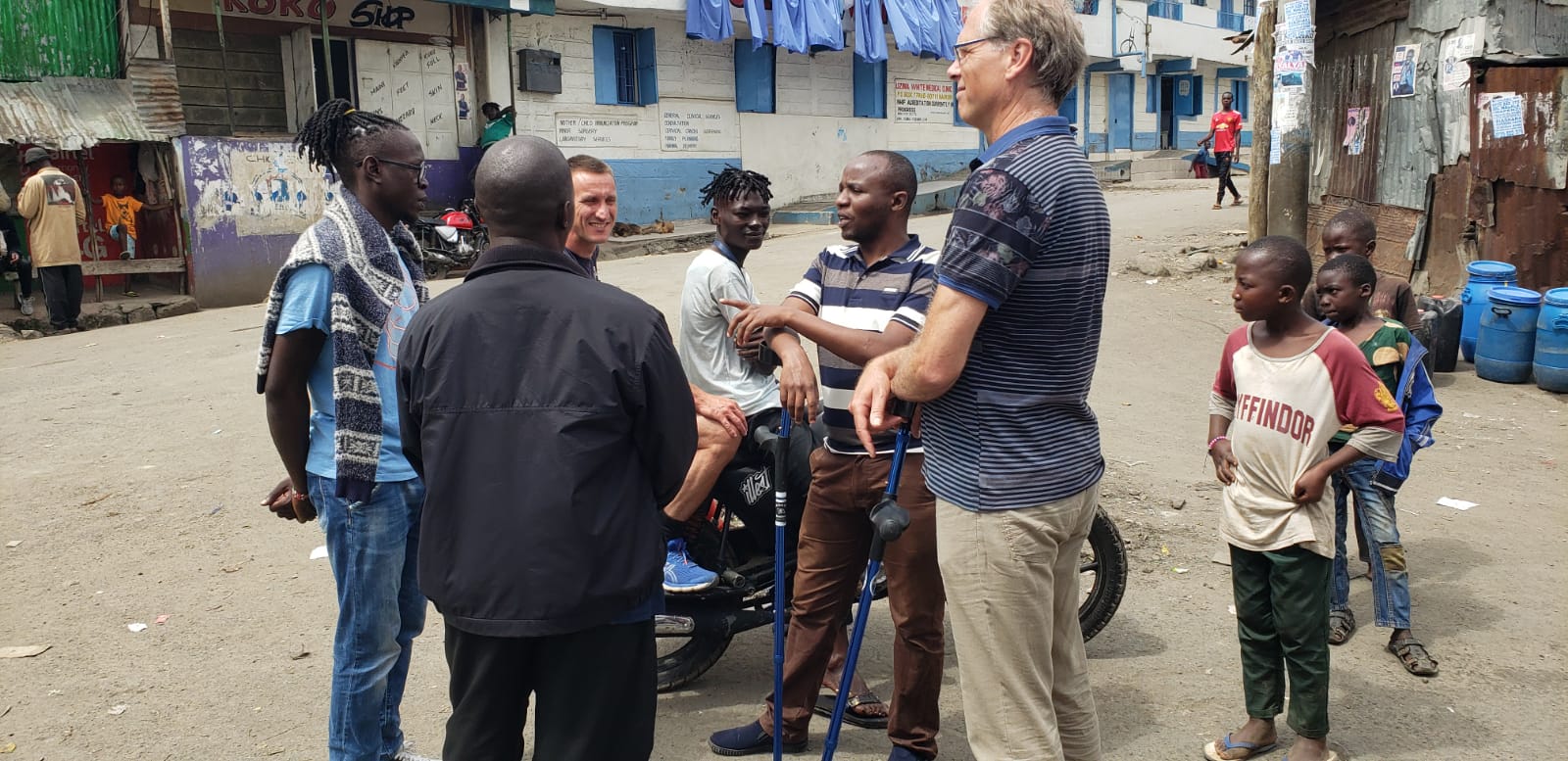
Methodology
The study was conducted with the Mathare Special Planning Area Research Collective (MSPARC). We selected the study area, Mathare, because of the following reasons.
- Mathare is the third largest informal settlement in Kenya after Kibera and Mukuru, with a population of approximately 206,564 (KNBS, 2019). With the increasing population in the area, the settlement continues to face unprecedented challenges related to overcrowding, pollution, exposure to the harsh effects of disasters, and eviction threats from the insecure tenure.
- After the declaration of Mukuru and Kibera as Special Planning Areas (SPA), Mathare remains in the line and limelight in the list of such (political) declarations. This, therefore, necessitated the urgency to engage the community to prepare for the declaration, slum upgrading, and the intended consequences.
The study used a co-creation approach where key stakeholders in the research and planning of the Mathare settlement were involved in collecting and collating information, analysing data, and dissemination. We employed participatory processes throughout the stages of this study. The following summary describes the methods used.
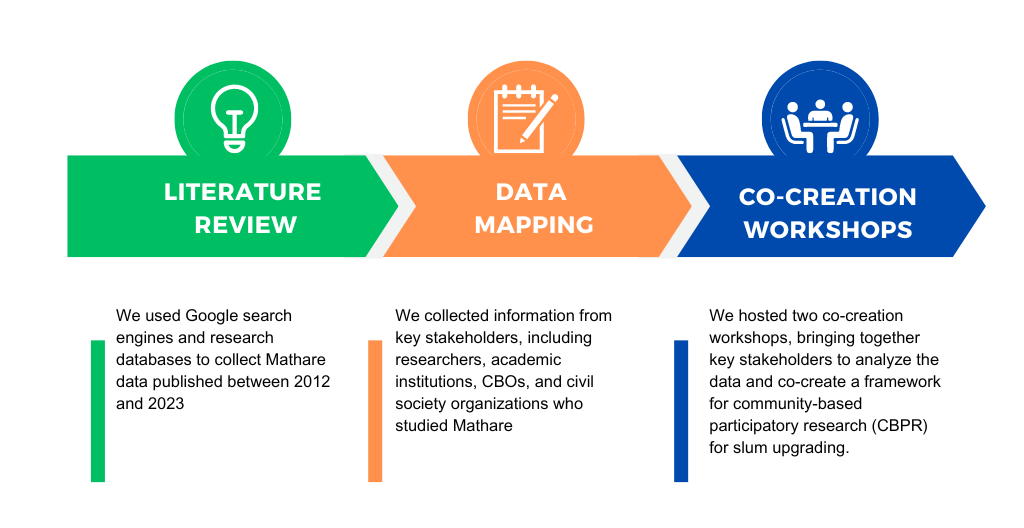
Outputs
Co-created research repository
- A repository of 297 data points has been created through an iterative process of desk research done by research assistants at Nuvoni (NCIR).
Generic research agenda for CBPR
The project coined and further embedded the agenda of “Research waste” to fit the over-researched context of informal settlements.

Guidelines for Community-based participatory Research
Two workshops in Nairobi and the Netherlands, respectively, were conducted to co-create the CBPR framework. The inter-country workshops stimulated rigorous discussions on how to best undertake community-based research in a way that is not only impactful but also ethical. A generic CBPR process was deliberated, accompanied by rules of engagement in research.
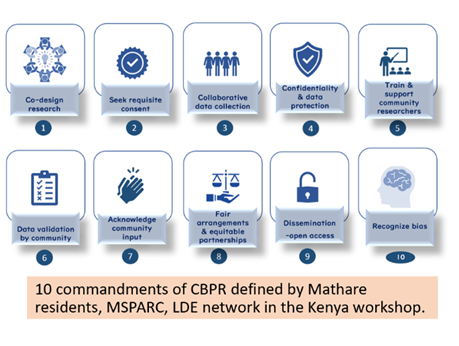
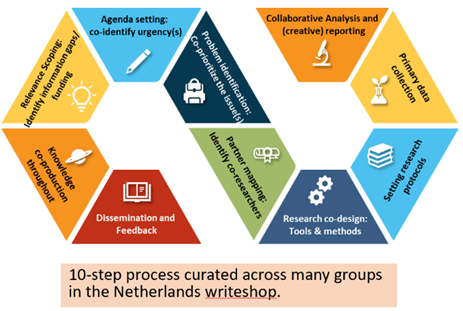
Project Outputs
Unfulfilled promises of research and increased research waste in Nairobi’s Informal Settlements
See More Projects
Physical Address
No. MK088, Ushindi West Avenue,
Mukuyu Rd (Mukuyu West Wing), Thome 1
Nairobi, Kenya
Organization
Subscribe for newsletter & get news, events and publications updates
Contact Us
Office Tel: (+254) 20 8009928 |
Mobile: (+254) 706 324 467
© 2026 Nuvoni Research

